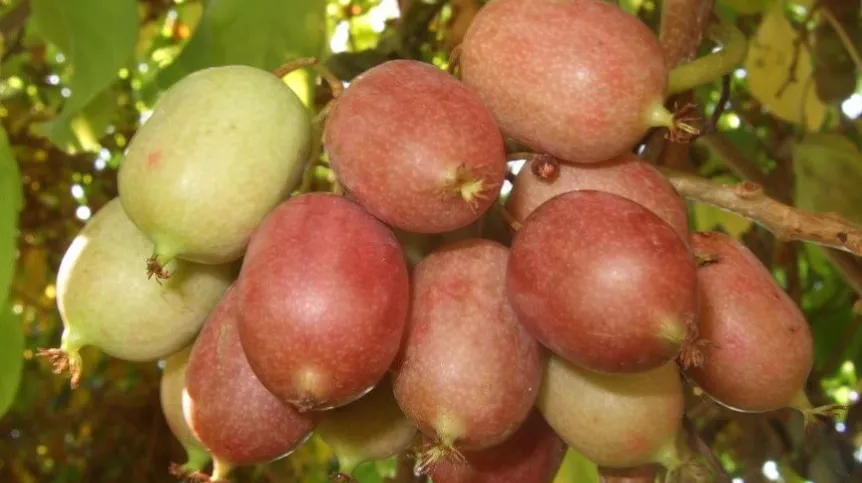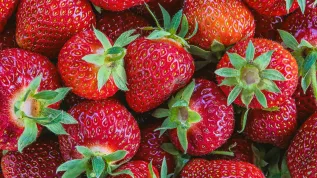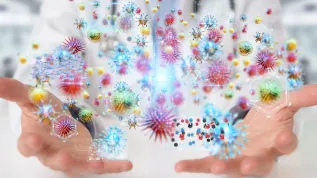
Hardy kiwi fruit (Actinidia arguta), edible both raw and processed, can be obtained from cultivation in north-eastern Poland.
Olsztyn researchers demonstrated that certain varieties of Actinidia are suitable for cultivation in climatic and soil conditions of the region.
Dr. Anna Bieniek from the Department of Horticulture, Faculty of Environmental Management and Agriculture, University of Warmia and Mazury in Olsztyn told PAP that the research into the introduction of the cultivation of Actinidia arguta and Actinidia purpurea, and their hybrids in north-eastern Poland had lasted for several years.
"The search for plant species that can be implemented for production is an important subject of research in the field of horticulture. Successful cultivation of new species largely depends on the knowledge of the biological characteristics of the plant. Especially valuable are species whose fruits contain many important bioactive substances. Consumers are also looking for tasty , natural food produced in pollution-free environment" - emphasised Dr. Bieniek.
She noted that one of the plants, from which you can obtain fruits that meet these criteria, is Actinidia. This genus includes dozens of species. Commonly available in markets are fruits of Actinidia deliciosa and Actinidia chinensis, commonly known as kiwis.
Obstacle to the cultivation of these species in Poland, however, is poor resistance to frost of these plants. Their roots freeze when the temperature drops below minus 12 degrees Celsius.
However, Olsztyn researchers demonstrated that certain species of Actinidia provide ample opportunities for cultivation in north-eastern Poland - Bieniek emphasised.
"We have demonstrated the comprehensive possibility of using Actinidia arguta, Actinidia arguta, and their hybrid forms in Olsztyn weather conditions. The highest-yielding varieties with the best quality fruits have been selected" - she added.
Depending on the variety, hardy kiwi can withstand freezing temperatures from minus 23 to minus 35 degrees Celsius. The drawback, however, is that it is sensitive to late spring frosts, which can damage young growing shoots with flower buds and leaves. It is advisable to protect plants against spring frosts.
Also, planting young plants into the ground should be done in the second half of May, when the temperature should not drop below zero - added Anna Bieniek.
Hardy kiwi is a long-lived species, it can grow up to 50 years. It is mainly planted as ornamental climber ideal for covering fences, walls, pergolas and gazebos. It ripens from September to October and its fruit is berry or grape-sized, with a thick and usually smooth skin, green or brownish.
Gooseberry size fruits are filled with jelly-like, sweet and sour flesh with greenish or green-yellowish colour. Flesh contains few dozen to about 200 small seeds.
Hardy kiwi fruits can be eaten raw, dried, and in fruit products. They are used to make compotes, jams, jellies, wines and liqueurs.
Olsztyn scientists demonstrated that in the first years, varieties of hardy kiwi can produce yields reaching even 10 kg per plant. The condition for a good yield is also good pollination of female flowers (which bear fruit) with pollen of male flowers, usually found on different plants. In a study conducted at the University of Warmia and Mazury in Olsztyn, the pollinating variety was "Weiki".
PAP - Science and Scholarship in Poland
ali/ par/ mab/ mrt/
tr. RL













